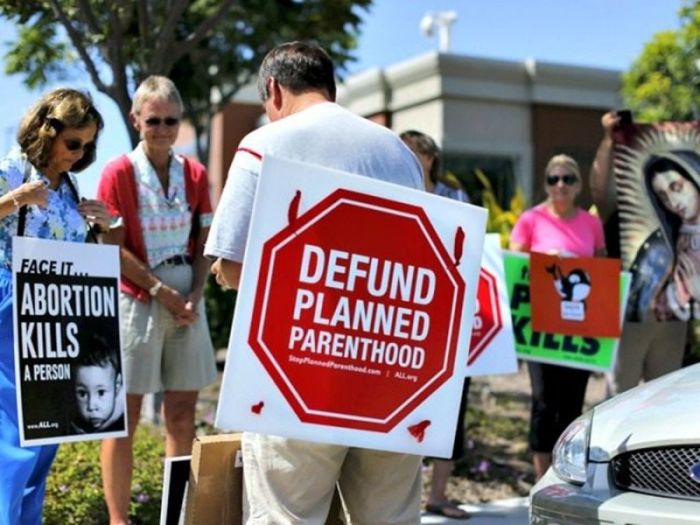Indiana Legislature Sends Bill Requiring Inspections of All Abortion Clinics to Governor

A bill that increases the regulations of abortion clinics in Indiana and would increase the number of baby boxes at fire stations has been sent to the governor's desk.
The Indiana Senate passed Senate Enrolled Act 340 on Wednesday in a vote of 37-9, with the bill having passed the Indiana House last month in a vote of 67-26.
SEA 340 calls for annual inspections of abortion clinics on issues including sanitation standards, necessary emergency equipment, informed consent brochures, procedures to provide emergency care, and infection control.
It also calls for a record of injuries connected to an abortion procedure and requires that applicants seeking to open a new abortion clinic must disclose whether they had to close an earlier clinic due to safety or health concerns.
The bill also contained a provision allowing for fire stations to install baby boxes, which are climate controlled padded incubators in which a person can drop off a baby, rather than abandon them in an unsafe place, so they can be adopted.
"It allows fire stations that are staffed around the clock to have baby boxes. Last year, hospitals were allowed to do so, though none have," reported the Fort Wayne-based Journal Gazette earlier this week.
"Two existing fire station boxes were grandfathered in Woodburn and Michigan City. One child has been dropped off using the box and has now been adopted."
Indiana Right to Life, a pro-life advocacy group, has expressed support for the bill, with President and CEO Mike Fichter saying in a statement last month that the House's vote of support was a "strong action."
"The days of abortion businesses hiding injuries to women, or looking the other way when women are coerced into abortion, will hopefully come to an end with this important bill," stated Fichter.
"The inclusion of safe haven baby boxes in this bill will be key to saving the lives of babies who might otherwise be at-risk of dying as a result of abandonment. We are thankful for those who took the lead on this issue years ago and have steadfastly moved this idea forward."
While the Indianapolis Star reported earlier this week that Governor Eric Holcomb has not openly expressed support or opposition to the bill, he did sign a pro-life bill last year.
"These bills are not a part of the governor's legislative agenda," stated Gov. Holcomb spokesperson Stephanie Wilson, to the Star.
"He will evaluate each bill that makes its way to his desk thoroughly and thoughtfully before making a decision about whether or not to sign it."
Over the past several years, many states have attempted to pass increased regulations of surgical abortion clinics, including efforts to hold them to the same standard as hospitals.
This has partly come in response to the Pennsylvania abortion provider Kermit Gosnell, who was convicted in 2013 of several counts including first degree murder in the deaths of three babies, involuntary manslaughter in the death of a woman, and 21 felony counts of illegal late-term abortion.
The unsanitary and unsafe conditions of Gosnell's abortion facility, revealed during the trial, which received much media coverage, led to a renewed urgency in many state legislatures to regulate abortion facilities.
In June 2016, the U.S. Supreme Court ruled 5-3 against a similar law in Texas, concluding that law's demand that abortion providers have hospital admitting privileges and that clinics be regulated as surgical centers violated the U.S. Constitution.
"We conclude that neither of these provisions offers medical benefits sufficient to justify the burdens upon access that each imposes," wrote Justice Stephen Breyer for the majority.
"Each places a substantial obstacle in the path of women seeking a previability abortion, each constitutes an undue burden on abortion access ... and each violates the Federal Constitution."





























